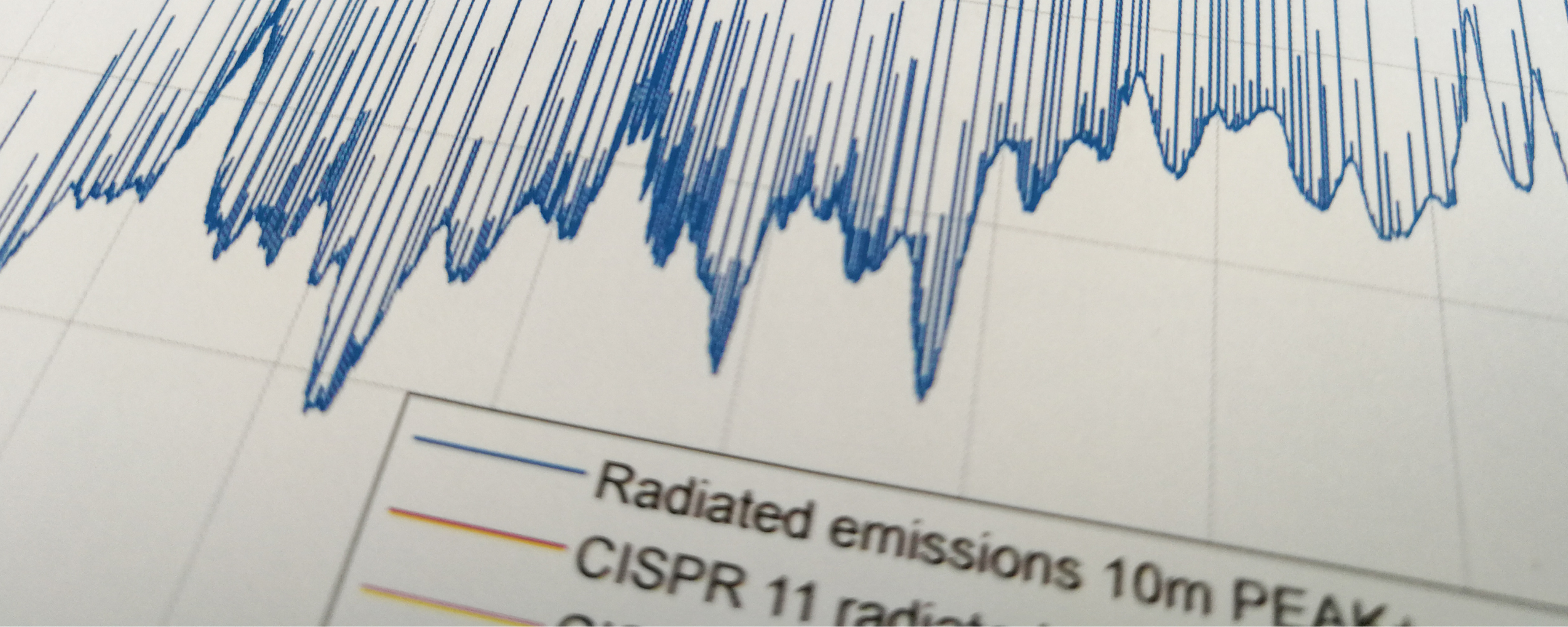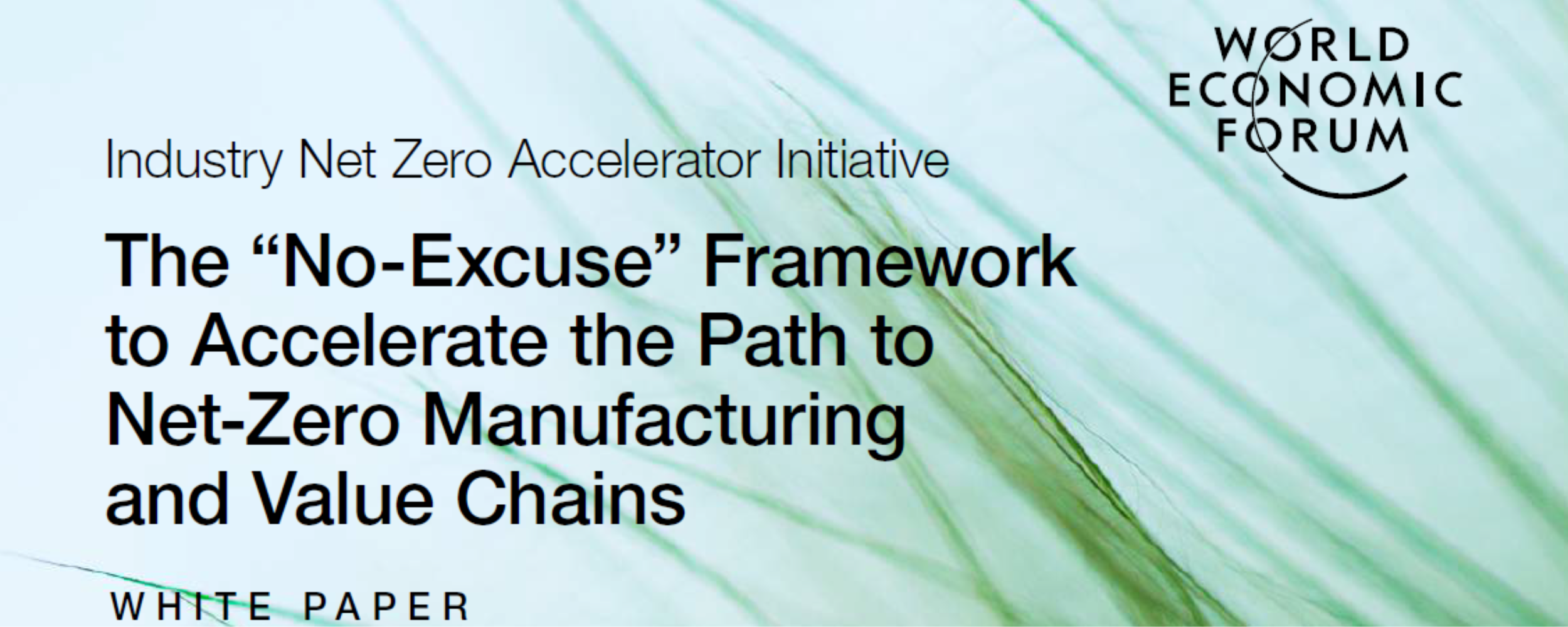Read Ovinto´s publication about it´s joint ESA ‘Scope3’ demonstration project.
Quoted abstracts of the Ovinto Event minutes:
“First of all, a big thank you for your interest in the SCOPE3 workshop in Paris, hosted by the ESA S4R programme.
As an introduction to the project, ESA presented their Space4Rail program which supports projects using space technologies in a non-space environment, like for example the chemical industry using satellite communication to collect their supply chain asset telemetry data, or using satellite navigation for ensuring asset and container visibility and computing exact mileages. The program foresees co-financing the SCOPE3 project.
For the context, CEFIC representative Williams Messina gave an overview of the current and upcoming regulation on European level. One strong message is that in the near future, Scope3 transport emission reporting based on real primary data will become a legal obligation for all industries, and certainly also for the chemical supply chain.
Then we got into the specifics of the project. First of all, the scope of the project was highlighted: building and demonstrating a simple tool to report transport emissions based on real primary data, as well as a simulator for evaluating transport options.
The project consortium consists of technical experts who will help you collect primary data. Ovinto has a long experience combining and analysing shipment and asset data for the chemical industry supply chains; Railnova is a rail locomotive data specialist; RHEA a top notch data security expert; CMB.Tech a clean-tech engineering company specialised in maritime and road clean tech solutions; and P.H. Consulting an accredited ATEX wagon installation technician. Together the consortium wants to simplify and facilitate capturing primary data for your transports, automate the allocation and reporting, and evaluate if better transport options exist, while guaranteeing the overall data security.
However, it is also important to underline that the project is not limited to the chemical industry nor to rail – other project partners are more than welcome to join, and obviously all transport modes will be covered. The investment in time for participating was explained – at the minimum we foresee 4 contact moments over a 2 year time frame, the first one scheduled in Q1 of 2024.
The day concluded with the participants in the room and on-line share their thoughts on where to focus first, on their experiences on what works well and what will not work, so that the project can hit the ground running.








